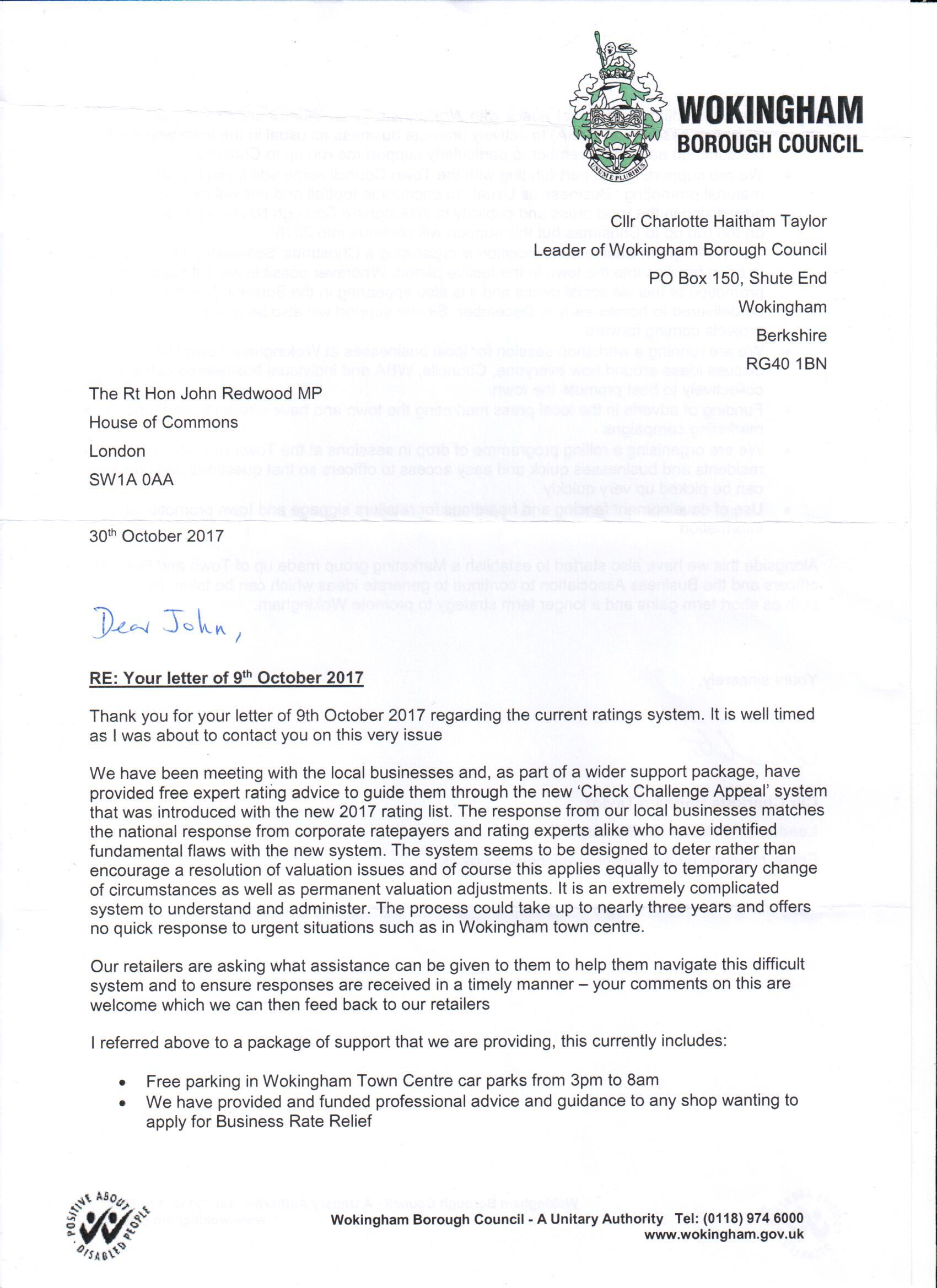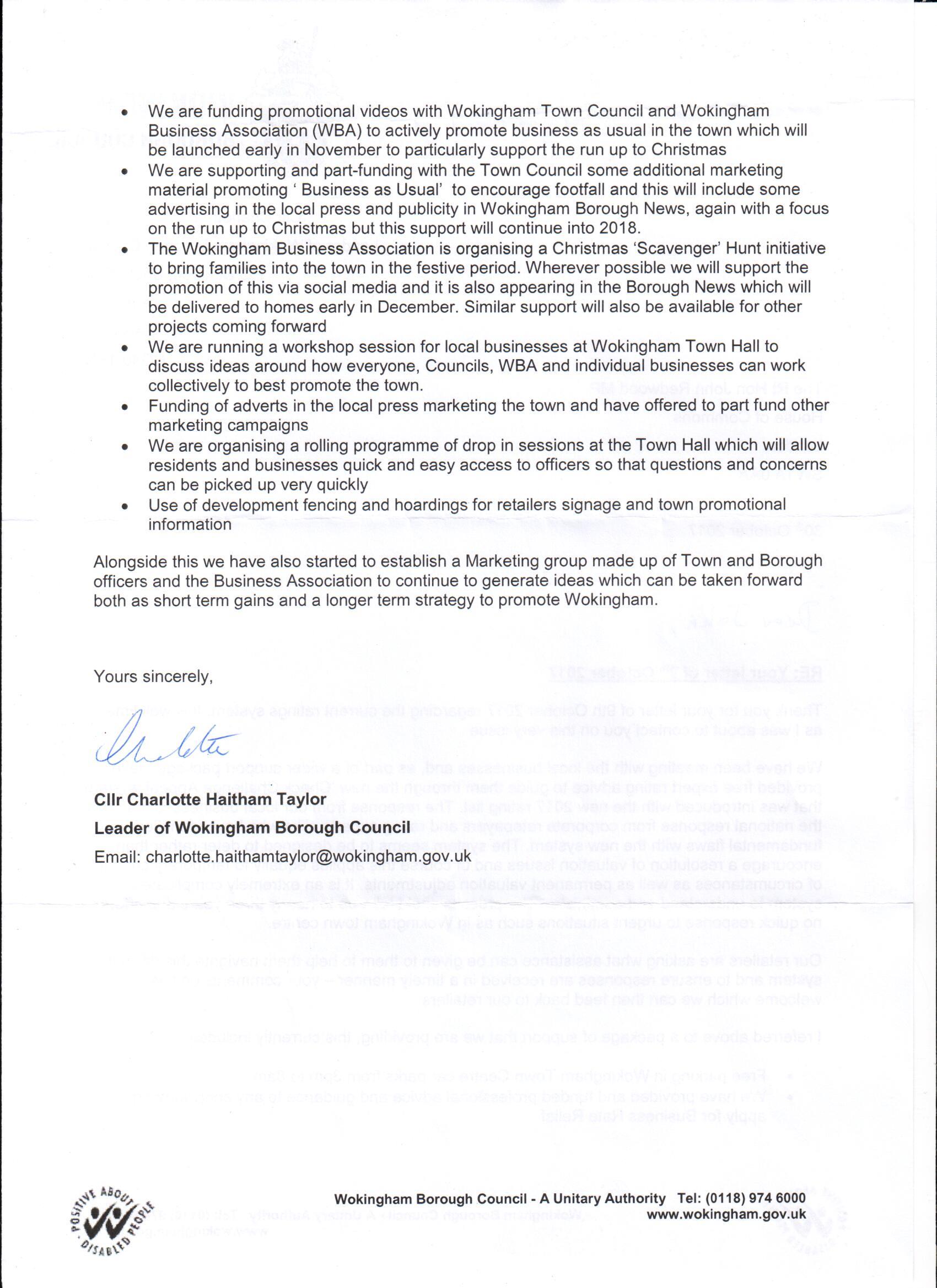Negotiating with the EU – again
There are more talks underway between the UK and the EU. So far the EU has acted toughly with unfriendly actions and rhetoric, whilst the UK has behaved with diplomatic charm constantly stressing the wish to have a positive and wide ranging relationship once we have left. It is important that the UK continues to be warm and friendly about the future relationship, but also important that UK negotiators are not tempted to make offers on money or on the rights of the European Court against eventual promises to talk about trade and the wider relationship. We should not pay for talks, and there is no need to pay for trade either.
The EU has broken normal diplomatic conventions in the way they are handling their side of the talks. Usually states negotiate government to government, or in this case EU to government. They do not at the same time open talks with the opponents of the government. Instead the EU has welcomed delegations from the official opposition, from parties and individual MPs hostile to Brexit, and others who are in disagreement with the UK government. I see press articles which look as if they have been sourced from the EU or its friends claiming that the UK government may be about to fall, or there might be change to a Labour government, or there is about to be a change of PM where there is no evidence to support any of these claims. At the same time the EU issues instructions to its member states seeking to prevent them talking to the UK on the grounds that they want a single view for the negotiation which will be the view set out by the Commission. There have been stories and quotes implying the EU wants to punish the UK for leaving. Their idea of punishment seems to be more punishment for them, as it entails imposing tariffs and obstacles to trade where they have a large surplus.
The EU has insisted throughout that there is a Brexit bill to pay though it cannot produce any legal basis for such a bill. It has insisted on only talking about three main chosen issues, and declining to talk about the important wider issues of the future relationship at the same time. As both sides agree nothing is agreed until everything is agreed it is silly to refuse to talk about the wider issues. With the clock ticking the UK government should now privately explain to the EU that if there is no prospect of talks about the free trade offer the UK is making before the end of this year then the UK will have to tell businesses to get on with planning for exit under WTO terms.
The UK is offering the rest of the EU great free access to the lucrative UK market. Translating this into the format to register as a free trade agreement with the WTO is easy as we already have the full framework in place. For the EU now it is a simple binary choice. Do they want to carry on with the access they currently enjoy to the UK, or would they prefer to access the UK as a third country under WTO rules and with WTO tariffs?

